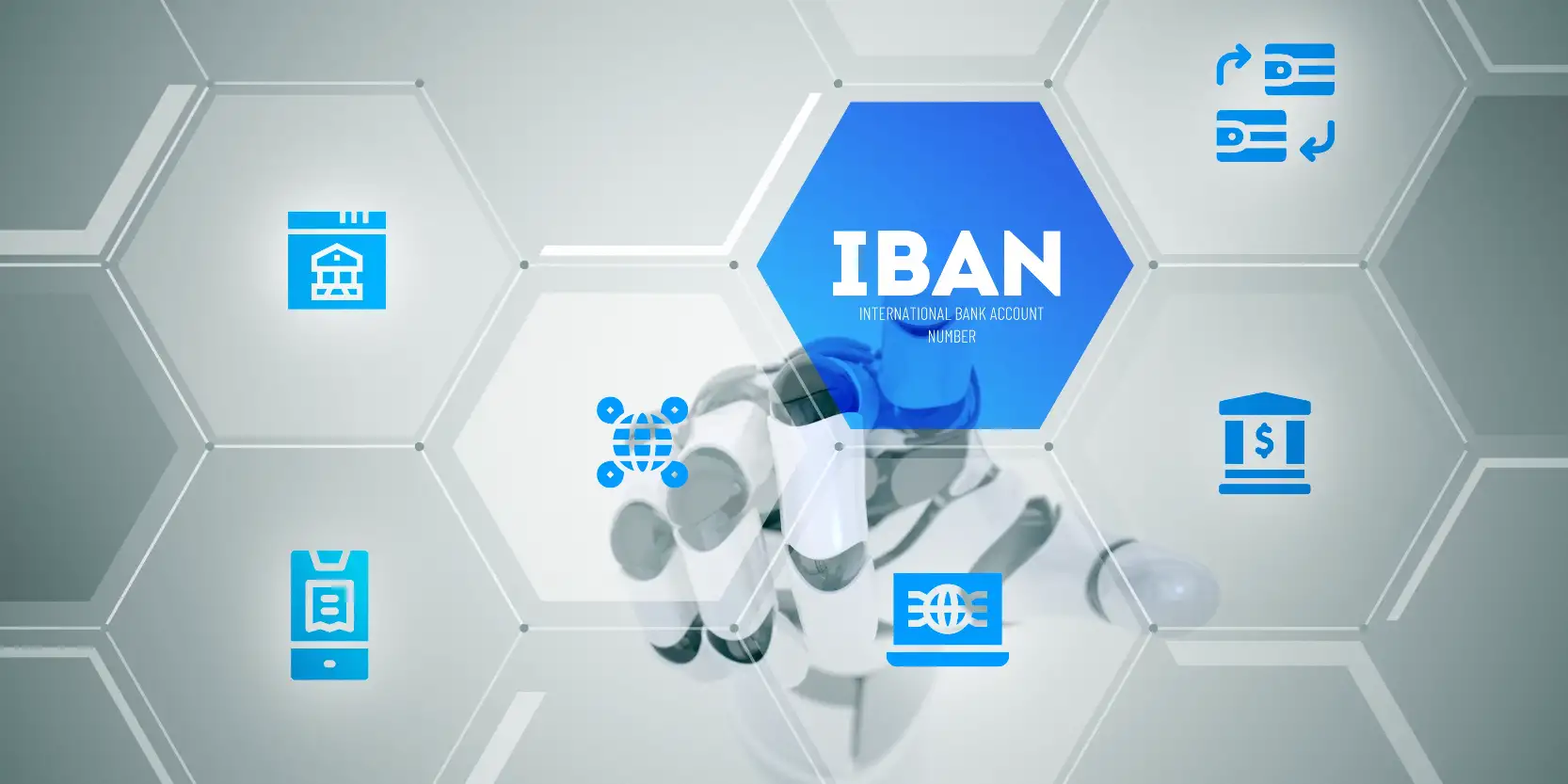Positive benefits for companies and the development of their business relationships
Since 2020 in France, all companies have been required to issue digital invoices in order to send payment requests, via Chorus pro, for contracts concluded by the State, local authorities and public establishments.
Theordinance of September 15, 2021 also provides for the generalization of electronic invoicing between companies subject to VAT.
Scheduled to take place between 2024 and 2026, the roll-out timetable is due to be revised. Initially scheduled for July 1, 2024, the obligation for companies established in France to issue and receive electronic invoices has been postponed to a date to be decided in the Finance Act for 2024.
This development can bring significant benefits to companies, provided that this regulatory obligation is turned into an opportunity:
1. Lower invoice processing costs. Processing an entire invoice would cost around €10 at present, compared with less than a postage stamp in the future. It is likely that these costs will fall, thanks to the savings made in processing thanks to new automated processes, and consequently a drastic reduction in distribution costs with the free public platform, particularly for very small businesses.
2. Effectively combat "fake company" fraud by depositing all eligible invoices (BtoB, in France) on platforms that will verify the veracity of entities through mandatory information such as the SIREN number. These checks will be carried out under conditions that ensure data integrity, authenticity, legibility and completeness.
3. Simplify VAT reporting obligations with pre-filling.
Via these future platforms, VAT information will be fed back into information systems. They will make it possible to automate time-consuming declarations and make them more reliable. The tax authorities will need to receive three types of information to help companies with their VAT declarations:
- Transmission of certain invoice data (supplier and customer identification, transaction amount excluding VAT, amount of VAT due, VAT rate applied, VAT regime, etc.).
- Payment data transmission for all transactions
- Transmission of transaction data not covered by an electronic invoice to the administration, as well as payment data for all operations.
4. Improving payment times
Electronic invoicing can improve payment times by incorporating two new features: improved third-party qualification and optimized invoice status management from dematerialization platforms. Properly qualified third parties and enriched information will send the invoice to the right place, to the right person, with the right information, thus avoiding wasting precious time submitting invoices.
The faster an invoice is received, the faster it is paid.
Good status management of invoices issued by platforms should reduce payment times. Craftsmen, company directors, accountants or credit managers will be able to track information linked to the invoicing process, and intervene as early as possible on negative statuses such as disputes or rejections.
In addition, an invoice with an acceptance or validation status will allow for timely payment with a simple reminder to ensure the payment date.
5. Make our economy more sustainable by replacing carbon-intensive elements such as paper and invoice transport with digital technology, which is less carbon-intensive if properly managed.


